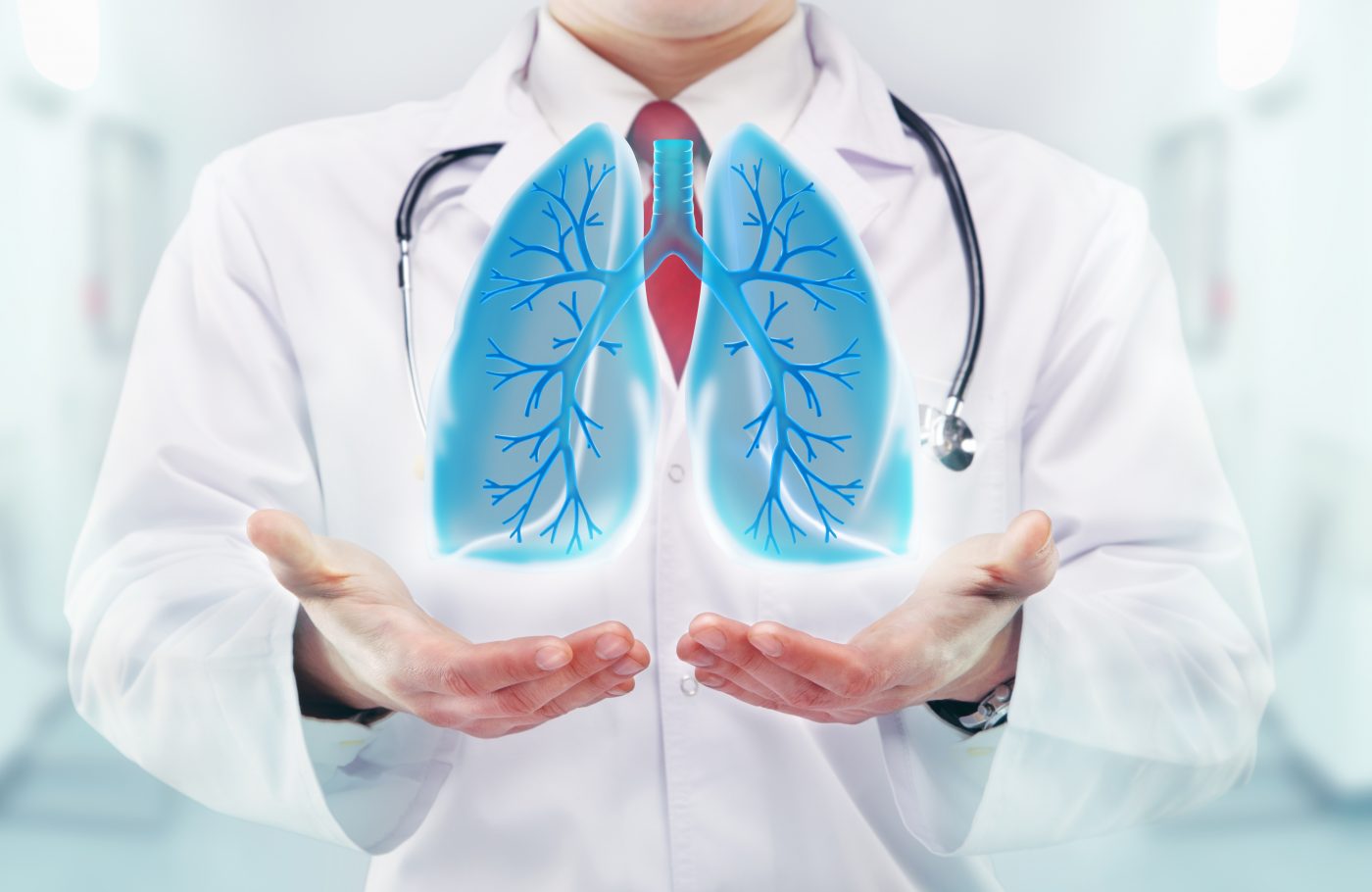Ofev Helps to Preserve Lung Function in Progressive ILD Patients, Trial Data Show

Ofev (nintedanib) helped more patients with progressive fibrosing interstitial lung diseases (ILDs) avoid a decline in lung function greater than 10% over the course of a year compared with those given a placebo, according to a new analysis of the Phase 3 INBUILD trial.
A separate analysis of INBUILD (NCT02999178) also showed that these reductions in lung function decline with treatment were independent of sex, age, race, baseline lung function, or ILD diagnosis.
These findings were presented by Boehringer Ingelheim, Ofev’s manufacturer, in two posters at the American Thoracic Society (ATS) virtual conference, held online Aug. 5–10.
“We are encouraged by these findings related to lung function decline seen with Ofev in patients with a progressive form of chronic fibrosing ILDs,” Thomas Leonard, PhD, executive director of Clinical Development and Medical Affairs, Specialty Care IPF/ILD, at Boehringer Ingelheim, said in a press release.
“These new results contribute to the growing scientific body of evidence supporting the use of Ofev,” Leonard added.
Ofev is an oral anti-fibrotic therapy — a medication that lessens lung tissue scarring (fibrosis) — recently approved to treat people with chronic progressive ILDs in the U.S., Canada, and Europe. The therapy was previously approved to treat those with idiopathic pulmonary fibrosis (IPF) and scleroderma-associated ILD.
Its recent approval was supported by data from INBUILD, a Phase 3 trial that assessed Ofev’s safety and efficacy (150 mg, twice daily) in 663 adults with progressive fibrosing ILDs other than IPF.
Previous findings from INBUILD showed that, compared with placebo, Ofev lowered patients’ rate of lung function decline by 57% over one year. It also eased coughing and shortness of breath, and helped to improve health-related quality of life. These benefits were seen in all patients, regardless of the lung tissue scarring pattern observed in high-resolution computed tomography (HRCT) chest scans.
Data from these two new analyses of INBUILD confirmed Ofev’s therapeutic benefits.
One analysis presented at ATS 2020 assessed the effects of Ofev on forced vital capacity (FVC), a measure of lung function whose decline indicates disease progression. It showed that Ofev lowered the proportion of patients with an FVC reduction greater than 5% over the course of one year compared with placebo — 43.4% of treated patients experienced this degree of reduction and 55% in the placebo group.
Ofev also lowered the percentage of patients with an absolute decline in FVC greater than 10% over one year compared with placebo — 28.3% of treated patients vs. 36.6% in the placebo group.
After one year of treatment, about a third (27%) of patients given Ofev had an increase or stabilization in FVC values, compared with 13% of those in the placebo group.
In a separate subgroup analysis, the company presented data showing that Ofev benefits at slowing lung function decline were consistent across different patient groups, and independent of sex, age, race, and initial FVC values.
This analysis also demonstrated that Ofev was beneficial to people with differing ILD diagnoses, including hypersensitivity pneumonitis, autoimmune ILDs, idiopathic non-specific interstitial pneumonia, and unclassifiable idiopathic interstitial pneumonia.
“These results support the role of Ofev as a treatment for patients living with chronic fibrosing ILDs with worsening progression across varying demographic characteristics, lung function or diagnosis,” said Martin Kolb, MD, PhD, a professor at the McMaster University and the poster’s first author.






